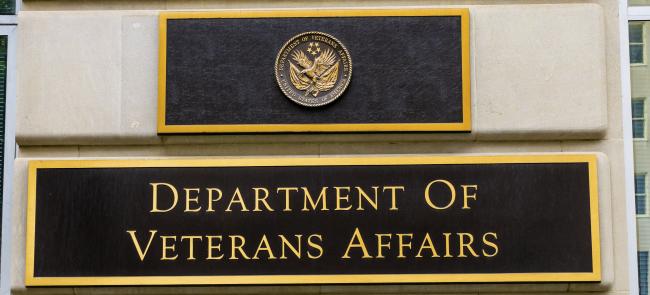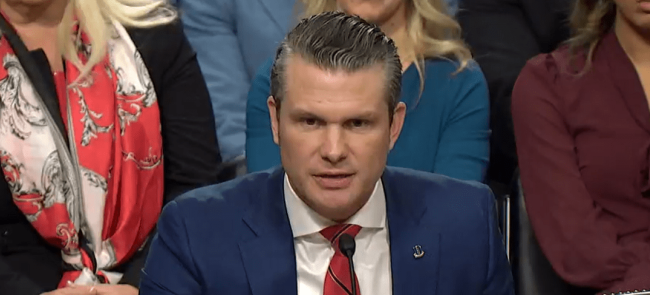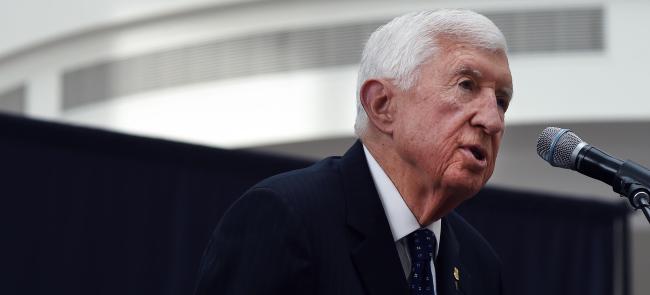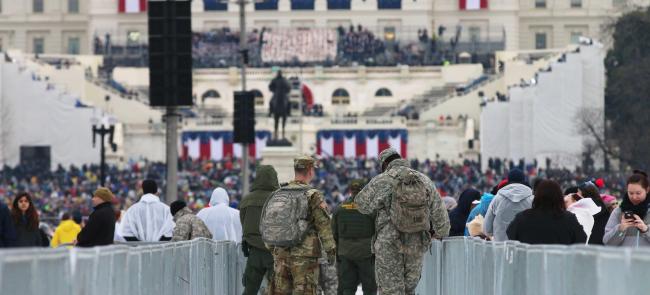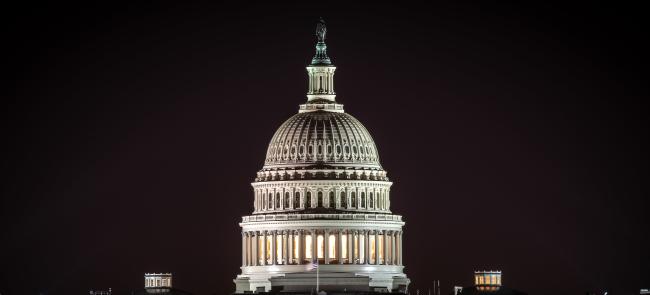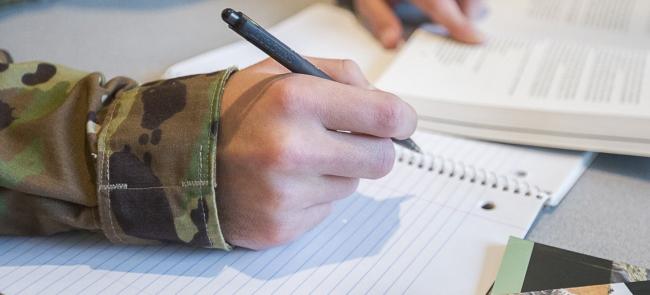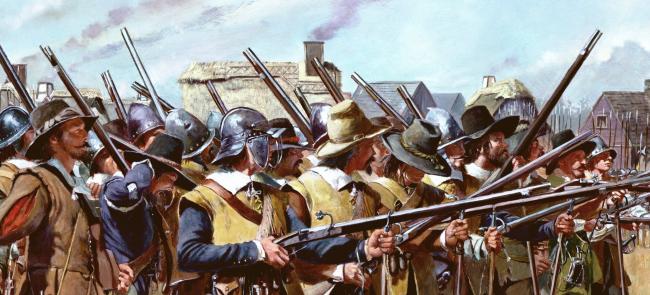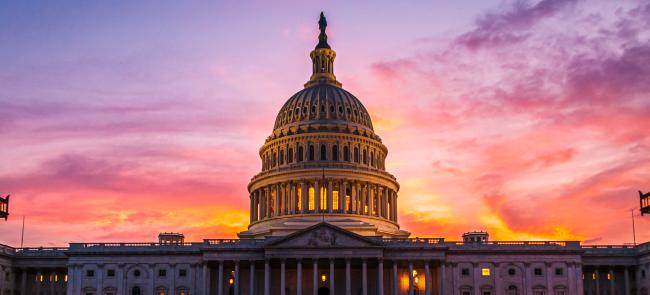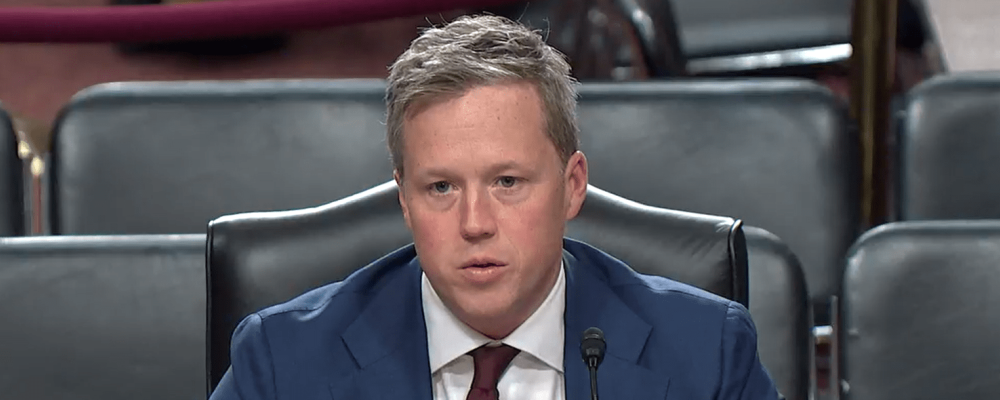
Daniel Driscoll answered questions from the Senate Armed Services Committee Jan. 30 about his nomination to be the secretary of the Army.
Driscoll said he would be "the soldiers’ secretary" if he is confirmed.
"My sacred duty to our Army is to ensure our Soldiers have the world’s finest training, equipment and leadership to accomplish any mission," he said.
Driscoll is an Army veteran, having served from 2007 to 2011. He deployed to Iraq in 2009 with the 10th Mountain Division as a cavalry scout. Driscoll was additionally Vice President JD Vance's classmate at Yale Law School.
He said readiness and modernization rank among his top priorities.
Sen. Jack Reed, D-R.I., the committee's ranking member, expressed concern about the impact increased deployment to the U.S.-Mexico border could have on the Army’s readiness.
Reed asked Driscoll about congressional testimony from Gen. Daniel R. Hokanson, then the chief of the National Guard Bureau, who in June 2024 said of the security mission at the nation's southern border, "There is no military training value in what we do there."
Driscoll responded that "border security is national security" and noted the Army has been at the border for several years.
He added the Army has a long history of balancing multiple objectives, but he acknowledged the toll multiple deployments can take on Guardsmen and their families.
"The stress on their families is incredible," he said. "[Guardsmen] have to manage jobs outside of their roles. I think it adds a stress level that a lot of times is forgotten by leaders."
"If confirmed, any time we work with the National Guard, we make sure we’re considering and taking into account the stress on their jobs back home and on their families," Driscoll concluded.
He also addressed the Army’s recruitment challenges.
Driscoll said the service has struggled with its recruiting goals in recent years. The Army was able to meet its recruiting goal of 55,000 new enlistees in fiscal 2024 after lowering enlistment targets.
"The best analogy I’ve heard is the Army threw the dart at the dartboard and then drew the bullseye around where the dart landed," Driscoll said. "That’s not a great way to staff an Army."
Driscoll testified that he did not believe pay increases were the solution to the Army's recruitment and retention problem.
"I actually don’t think the answer is throwing more money at the problem," he said. "I think it’s nice to get things like GI Bill benefits. But I didn’t join for that. I enlisted to serve the country."
Driscoll said the Army needs to do a better job communicating what the service provides beyond recruiting bonuses and benefits.
"I think there is a story of the United States Army that young people want to hear and I think we have complicated that story a bit over the last couple of years," he said.
Driscoll recognized the Future Soldier Preparatory Course was having a positive impact on recent Army enlistments.
The program gives Army recruits who do not meet the service’s academic or fitness criteria a chance to reach the standards before going to basic combat training.
"If confirmed, I would want to take a look and see if that can be scaled even further," he said.
Driscoll additionally addressed the Army's modernization efforts.
He said the service and the private sector must continue keeping up with modernization efforts and fast-evolving technologies such as artificial intelligence and drones.
Driscoll noted how recent conflicts — including Ukraine’s war with Russia — have highlighted the Army's need to innovate quickly and efficiently.
"The world is changing rapidly, and we must ensure the Army is prepared to operate in new, complex and contested environments," he said.
Mark Averill currently serves as the acting secretary of the Army.
President Donald Trump nominated Driscoll as secretary of the Army in early December.
The SASC will next vote on whether to advance Driscoll’s nomination before a vote potentially occurs before the full Senate.
— By Donald Lambert

